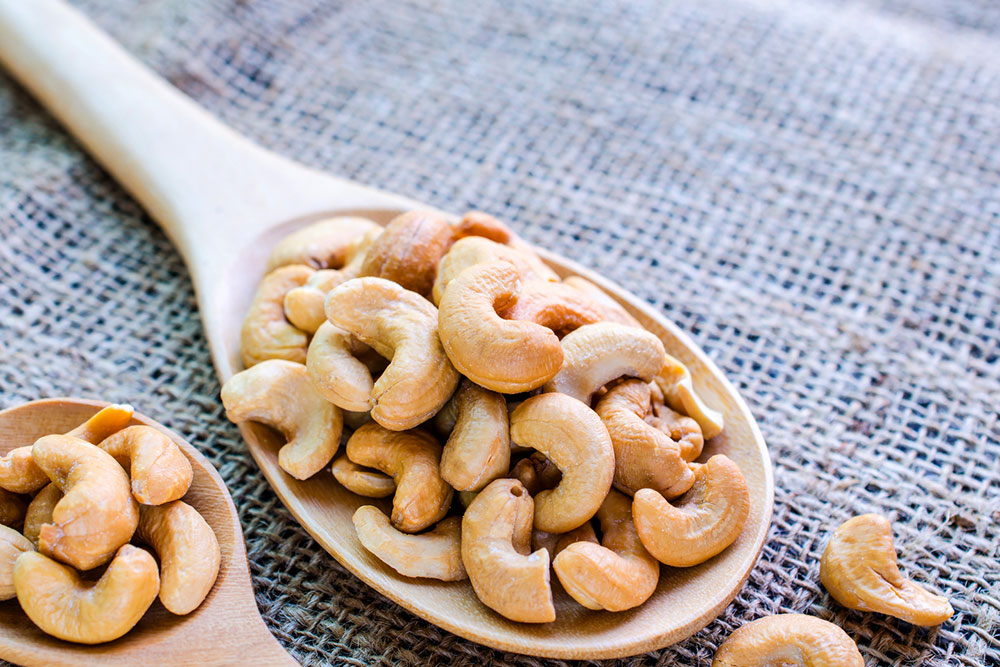Effective Nutritional Tactics to Relieve Psoriatic Arthritis Symptoms
Explore effective dietary strategies to manage psoriatic arthritis symptoms. Focus on anti-inflammatory foods, antioxidants, gluten-free options, and the Mediterranean diet to reduce joint pain, swelling, and flare-ups. Early intervention and nutritional adjustments play a vital role in improving quality of life for those affected.
Dietary Strategies to Ease Psoriatic Arthritis Discomfort
Primarily affecting adults aged 30 to 50, psoriatic arthritis is a joint condition associated with psoriasis, an autoimmune skin disorder characterized by red, scaly patches. About one-third of psoriasis patients can develop this arthritis, sometimes before skin symptoms appear.
Symptoms and Causes
Individuals may experience joint pain, swelling, and stiffness reminiscent of rheumatoid arthritis. Typical signs include swollen fingers, toe pain, foot discomfort, and lower back pain, resulting from immune system misfires that attack healthy tissues, causing inflammation.

Genetic factors and environmental influences are believed to trigger immune system disturbances leading to psoriatic arthritis. Certain genetic markers have also been linked to the condition.
Available Treatments
While there is no cure, medications aim to manage symptoms effectively. Early medical intervention is essential to prevent joint damage and maintain quality of life.
Dietary Guidelines
Although diet alone cannot eliminate psoriatic arthritis, specific nutritional adjustments can help reduce symptoms and flare-ups.
Consider the following dietary approaches to support symptom management:
Anti-Inflammatory Diet
Reducing swelling and stiffness can improve mobility and lessen pain. Focus on decreasing pro-inflammatory foods and incorporating omega-3 fatty acids from sources like salmon, mackerel, tuna, seaweed, and flaxseed oil. Whole grains such as brown rice, quinoa, and barley, alongside nuts, spinach, and kale, also support anti-inflammatory effects.
Foods Rich in Antioxidants
Individuals with psoriatic arthritis often have diminished antioxidant levels, which protect cells from damage contributing to inflammation. Incorporate fruits and vegetables like spinach, broccoli, peppers, mangoes, and tomatoes. Lean proteins, seafood, eggs, and dairy products also provide vital nutrients beneficial for inflammation control.
Low-Fat, Low-Carb, and Sugar-Restricted Diet
Excess weight worsens psoriatic symptoms and increases risks for conditions like diabetes and cardiovascular disease. Emphasize fiber-rich vegetables such as spinach, kale, cauliflower, and cabbage to aid weight loss and symptom reduction.
Gluten-Free Regimen
There’s evidence linking psoriatic arthritis to celiac disease, an autoimmune disorder triggered by gluten. Eliminating gluten-containing foods like certain grains, dairy, and meats can help prevent complications and reduce symptoms. Consider gluten-free grains such as rice, corn, and millet.
Mediterranean Dietary Pattern
This diet, renowned for its anti-inflammatory qualities, stresses fish, vegetables, fruits, legumes, and nuts. By limiting processed foods, sugars, and red meats, it can help alleviate symptoms and promote overall wellness. Regular consumption of seafood (twice weekly) combined with whole grains and plant-based foods can bring significant benefits.


